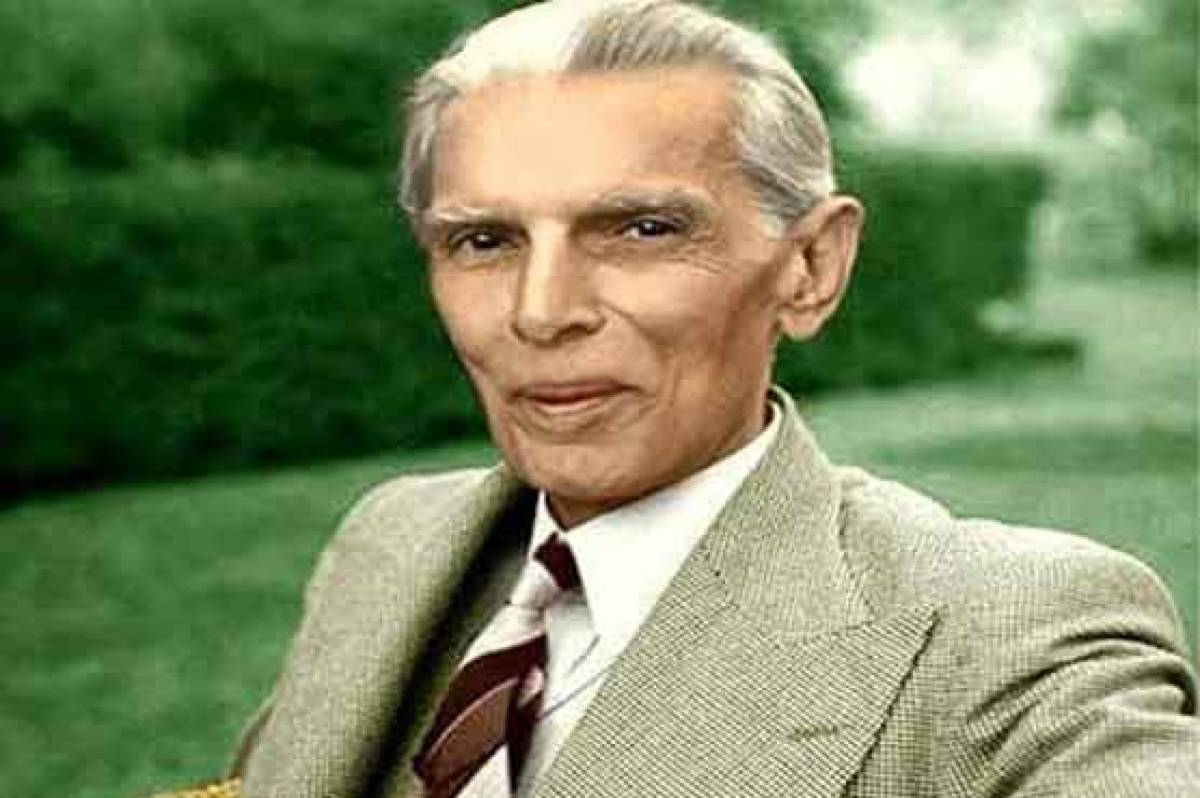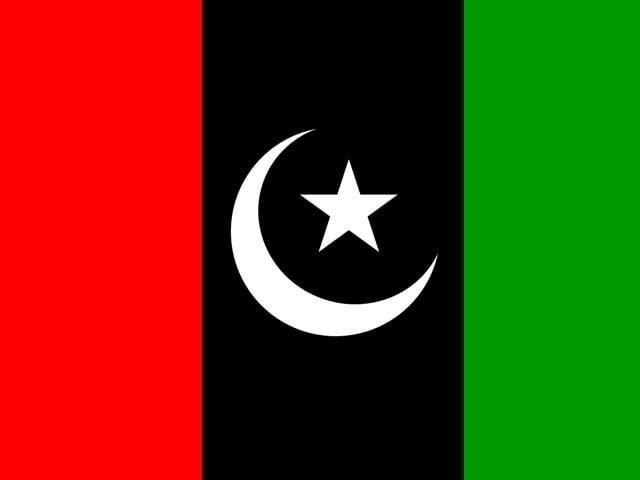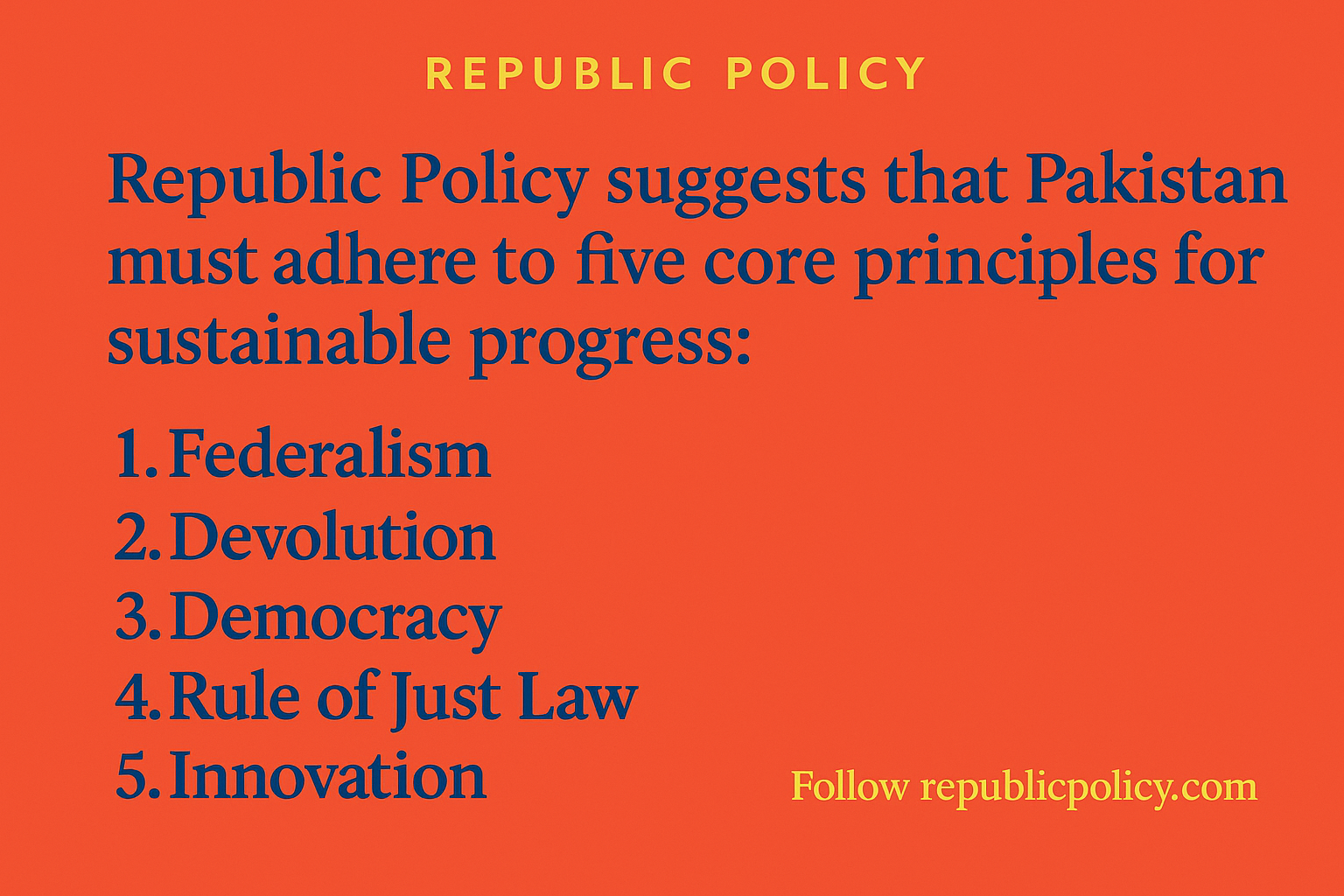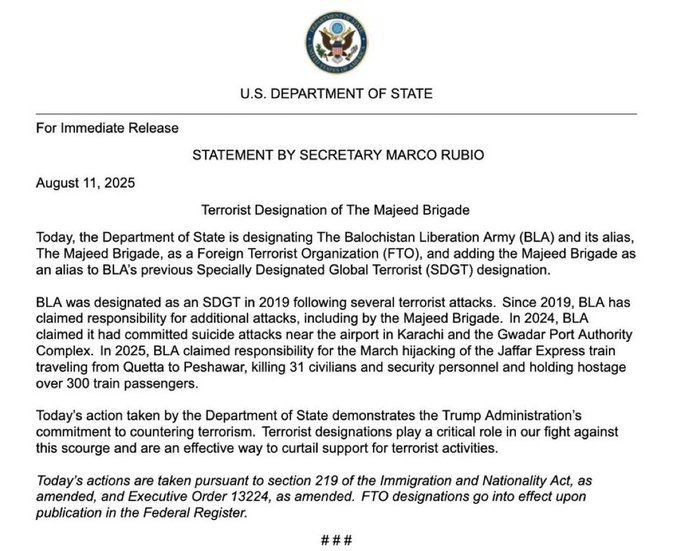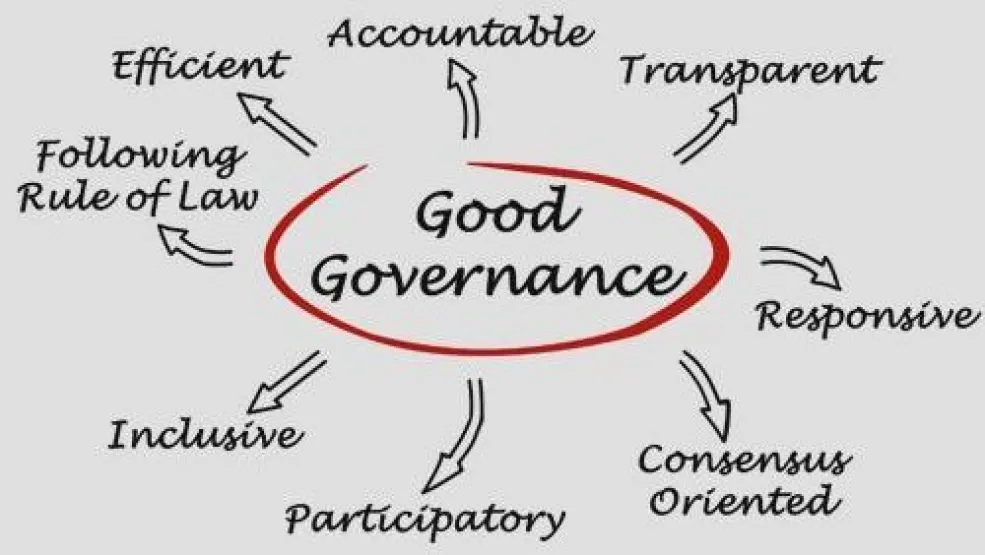Editorial
Quaid-e-Azam Muhammad Ali Jinnah remains, to this day, the benchmark for leadership and statesmanship in Pakistan. In his lifetime, he was not only the political architect of the country but also a visionary leader whose words carried moral authority. His speeches, often delivered in English at a time when few ordinary citizens understood the language, still resonated with the masses. The power of his tone, the conviction in his delivery, and the clarity of his demeanor conveyed the unmistakable impression of a leader with a mission, even to those who could not fully grasp his words.
Follow Republic Policy Website
Yet, the tragedy lies in how Pakistan remembers him today. We celebrate Jinnah through speeches, portraits, and commemorations, but seldom translate his core principles into the machinery of governance. He envisioned Pakistan as a federal state, firmly grounded in the devolution of powers and respect for provincial autonomy. Instead, for much of our history, the country has been run in the manner of a unitary state, with power concentrated in the centre — a model directly at odds with his federal vision.
Follow Republic Policy YouTube
Jinnah unequivocally guaranteed equal rights for minorities, stressed the supremacy of democracy, and upheld the sanctity of the people’s mandate as the cornerstone of political stability. In practice, however, these ideals have been inconsistently honoured. Minorities have rarely been given the full equality promised to them, provinces have struggled to secure the autonomy essential to a robust federation, and public opinion has too often been sidelined in policymaking.
Follow Republic Policy Twitter
This disconnect between Jinnah’s vision and state policy is one of Pakistan’s enduring political dilemmas. His blueprint was for a state built on law, equality, democracy, and federalism — yet these values have been reduced to ceremonial rhetoric, confined to textbooks and commemorative events. If Pakistan is to evolve into a truly strong, progressive, and stable federation, Jinnah’s ideals must be integrated into policy, not just preserved in memory. Without this shift, the nation risks remaining trapped in a cycle of political contradiction, far from the state its founder imagined.



